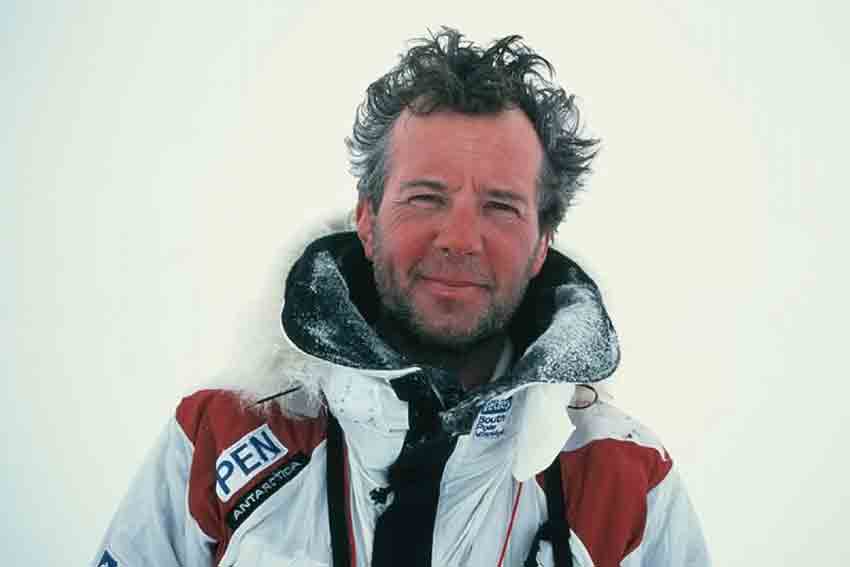In Mind in Society, his seminal book on learning and thinking, the Russian philosopher and psychologist Lev Vygotsky said this: ‘human learning presupposes a specific social process by which children grow into the intellectual life of those around them’ (Vygotsky 1978, p. 88). I was reminded of this last month listening to the great (I think we can say ‘great’) polar explorer Pen Hadow as he listed the achievements of those who had influenced and inspired him to live his life of exploration and enquiry.
He opened his talk by reminding us of the scientific import of the expedition to Antartica led by Captain Robert Scott in 1910-1913. This was news to me. The story I had grown up on was of Scott’s ‘great British failure’, albeit heroic. But Pen Hadow was at pains to emphasise that Scott viewed science as the primary reason for the expedition. In his mind the race to the Pole was of secondary importance. I certainly did not know that Scott and his team collected 2000 specimens, 400 of which were new to science. This comprised some 35 kilos of plant fossils, which included evidence, for the first time, that beech trees had once grown in Antarctica, meaning its climate had once been considerably warmer.
Showing us the diary that Scott kept on the expedition was a moving experience. Emaciated and hypothermic, with his fellow explorers lying dead in the tent next to him, Scott knew his time was up. He also knew, without satellite phones or radio, that the only means of leaving a message to the family he had left behind was to write it in the diary he hoped others would one day find. Thinking of his son Peter, his dying words urged to ‘make the boy interested in the natural world …’
That boy, brought up by his nanny, one Enid Wigley, went on to establish the Wildfowl & Wetlands Trust in Slimbridge in 1946 and found the World Wide Fund for Nature. Brought up by Wigley in a deliberately spartan regime, Peter Scott was to spend the majority of his time as a child out of doors, with as little clothing as possible, to toughen him up to the cold. A brilliant communicator in adult life, he was instrumental in setting up the BBC’s Natural History unit in Bristol, just down the road from Slimbridge. His successor? David Attenborough.
But it was Enid Wigley who fascinated me the most. Pen was the last of her charges. He grew up under the same spartan regime laid down by Captain and Peter Scott before him, listening to stories of their deeds. He remains the only person to make a solo journey from Canada to the North Pole, a feat he completed having spent 15 years on the sea ice of the Arctic ocean. Without a hint of immodesty, he claims to have spent more time there than anyone else. I like to think he could not have made these achievements without these important influences guiding him on.
It is not given to all of us to become Polar explorers. But we can influence the people around us. We don’t have to become Pen Hadow. But we could be an Enid Wigley, who, it turns out, was one of the great environmental influencers. It might be the most important thing we do. Who are you influencing?
First published at https://www.tonbridgetalks.com/blog
With thanks to Amanda Carpenter and Tonbridge School

